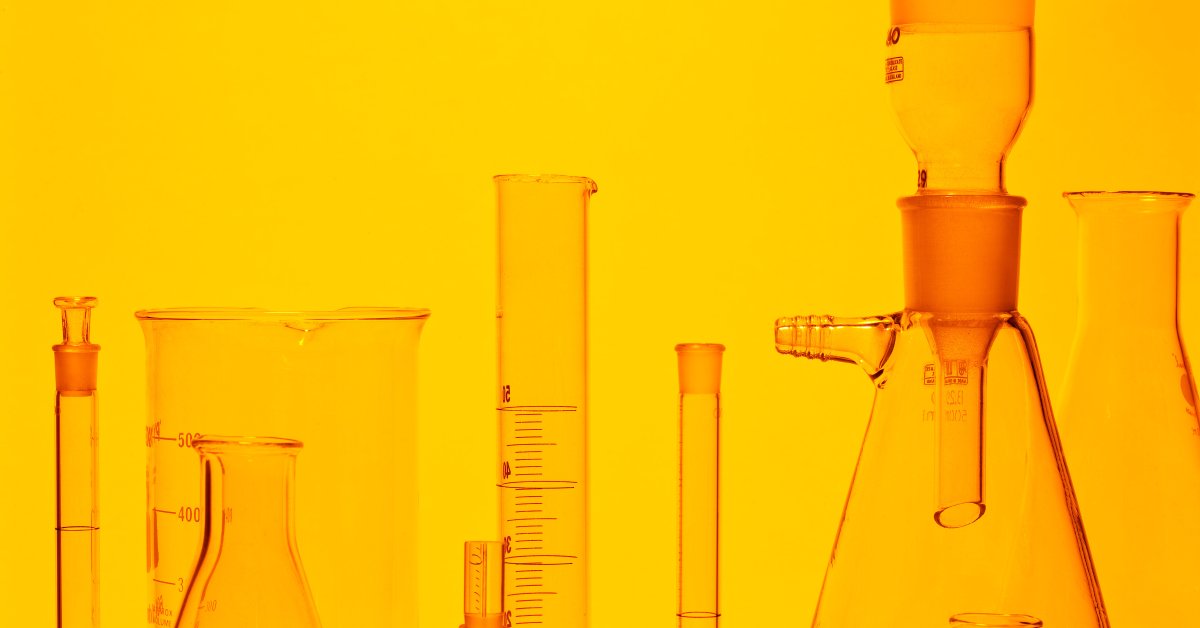tankasnowgod
Member
- Joined
- Jan 25, 2014
- Messages
- 8,131
Why did you lol? It's true. In fact, that's a conservative estimate.
This USDA list shows soy as having quite high isoflavone levels, with milk returning a zero value-
Also, I don't know if plant estrogens are "less active" than animal estrogens. Certainly not thousands of times less. I've seen at least some people suggest that they are more estrogenic than animal or human estrogen.
The chart on page 2 of this document suggests that soy has estrogenic activity that's hundreds of millions times more than milk-
The first study is a meal challenge study. From my research on iron, I know that meal change studies often don't reflect longer term changes of the organism. For example, Vitamin C meal challenges with radiolabeled iron show it increases absorption of a single meal. But I found a longer term study (with subjects going both 8 and 16 weeks) that were instructed to take Vitamin C with their two most iron rich meals of the day. Ferritin numbers stayed the same in some, went up in others, and went dramatically down in a few subjects. So, meal challenges don't say a lot about long term effects.If you're interested there's plenty of research on it. A search on the topic will give you lots to explore..
Couple of examples :

Exposure to exogenous estrogen through intake of commercial milk produced from pregnant cows - PubMed
The present data on men and children indicate that estrogens in milk were absorbed, and gonadotropin secretion was suppressed, followed by a decrease in testosterone secretion. Sexual maturation of prepubertal children could be affected by the ordinary intake of cow milk.pubmed.ncbi.nlm.nih.gov

Does milk intake promote prostate cancer initiation or progression via effects on insulin-like growth factors (IGFs)? A systematic review and meta-analysis - PubMed
IGF-I is a potential mechanism underlying the observed associations between milk intake and prostate cancer risk.pubmed.ncbi.nlm.nih.gov

Milk Consumption and Prostate Cancer: A Systematic Review
Prostate cancer is the third most common cancer in men globally, and the most common cancer among men in the United States. Dietary choices may play an important role in developing prostate cancer; in particular, a higher dairy product intake has been ...www.ncbi.nlm.nih.gov
The second study isn't about estrogen in milk.
The third is a meta-analysis, using several long term studies lasting several years (some decades), but all of them rely on dietary recall questionnaires or interviews. Such data is notoriously unreliable. More so when you find out that they usually only as for dietary recall once every 2-4 years, on average. Do you remember what you had for lunch back on February 17th, 2021? Can you accurately describe the portions? As such, I don't think that study is worth much of anything, as the data gathered in each study isn't reliable in any way, shape or form.
I never disagreed with that. But when it comes to PUFA and estrogens in foods, the biggest offenders are plant foods. So the idea of going vegan to "lower" them doesn't make sense, as most people who go vegan will end up eating higher amounts of both (especially with all the vegan foods made from soy, which have a hefty dose of both PUFA and Estrogen)Like I said in my original post that you responded to :
This means not eating high PUFA oils, and especially cooking with them. Or cooking anything that contains high PUFA, because PUFA itself becomes even more toxic than it already is when it is heated/cooked at high temperatures. The point is that is very easy to do on a plant based diet. Just avoid the oils, and some nuts and seeds. On the other hand cooked fish, cooked seafood, cooked chicken, cooked eggs, cooked pork, and so forth all have potential exacerbated issues due to cooking of the PUFA. I only cook with coconut oil, and I don't cook and eat foods that contain significant amounts of PUFA unless I can't avoid it.
I have a thread on it-There is no evidence that i've seen that adding gelatin somehow "balances out" the inflamatory aminos. Gelatin on it's own is great because it lacks those aminos, and if contributing to a significant proportion of the total daily protein amount then that would lower the overall consumption of other more inflammatory proteins as a percentage of the total. However it doesn't work that you eat the same amount of methionine, tryptophan etc as you otherwise would, and then add gelatin on top and that somehow blunts the effect of those inflammatory aminos (if you've seen some research supporting this i'd be interested to see it). Those aminos still have to come down in consumption for the benefit to occur, and to avoid the detriment they bring.
Are Humans (and all Vertebrates) running a chronic, lifetime Glycine Deficient?
This is sort of a follow up to the post I did about an experimental Methionine Deficient diet. https://raypeatforum.com/community/threads/methionine-deficient-diet-induces-rapid-weight-fat-loss-in-mice-who-ate-more-and-moved-less.45256/ I happened to be looking at the Glycine/Methionine Ratio...
Also, what do you mean "doesn't work?" What effect of those aminos are you referring to?

